How to prepare your nonprofit organization for the first financial statement audit
As your nonprofit grows and the size of your grants and contribution revenue grow, you may be required to have a financial statement audit in order to secure or continue to receive funding.
But the mere mention of the word “audit” makes most people feel uneasy. The audit can feel intimidating no doubt (it’s like those pop quizzes in school). But with proper planning and clear expectations, the audit can be a smooth and manageable process for your nonprofit!
WHAT TO DO BEFORE THE AUDIT
Prior to the start of the audit, make sure your nonprofit’s team has a firm understanding of the audit dates and when information is due to the auditor.
You should schedule adequate time for staff to locate necessary documents and answer the auditors’ questions both prior to and during the scheduled audit dates.
Typically, you’ll be asked to provide initial documentation and information two to three weeks prior to the audit dates.
LIST OF ITEMS TO HAVE PREPARED
Below is a list of items that can be accumulated as soon as you know you will need an audit.
- Board member list for the period covered by the audit.
- IRS determination letter, incorporation documents and bylaws
- Prior year 990
- Board meeting minutes from the beginning of the year through the date of the audit work
- Any documented accounting policy and procedures
- Employee handbook
- The most recent W3 and W2 for the executive director
- All leases and rental agreements in effect during the year of the audit
- Insurance policy premium statements in effect during the year of the audit
- All grant or funding agreements in effect during the year of the audit
- Loan agreements for any loan payables or loan receivables
- A list of all active bank and investment accounts during the year that includes the name of the financial institution and authorized signers for the accounts.
- A list of all fixed assets (furniture, equipment, buildings etc.) with the date of purchase and purchase prices.
IN CONCLUSION
As much as possible, try to have all the documents in a digital format (pdf). You could also make sure your files are clearly labeled as you create them. This will keep everything organized and easier to access.
Make sure to save all documents in a central location on your computer or a flash drive so you can provide them upon request to your auditor. And provide as much information as you can in advance of your scheduled audit.
With sufficient planning for your resources, you’ll be able to provide your auditor with sufficient time to plan the audit, thus decreasing the likelihood of delays!
Happy auditing! For additional questions or professional guidance, reach out to our team.
Tired of dealing with
complicated, impersonal
business services?
We get it – that’s why we offer something different. Our team of expert accountants are friendly, approachable, and dedicated to providing topnotch service. We’ll take the time to get to know you and your business, and we’ll tailor our services to meet your unique needs. Plus, we’ll make the whole process as easy and stress-free as possible. We’ve got you covered.

